Why You Should Not Compare Your Feelings With Others
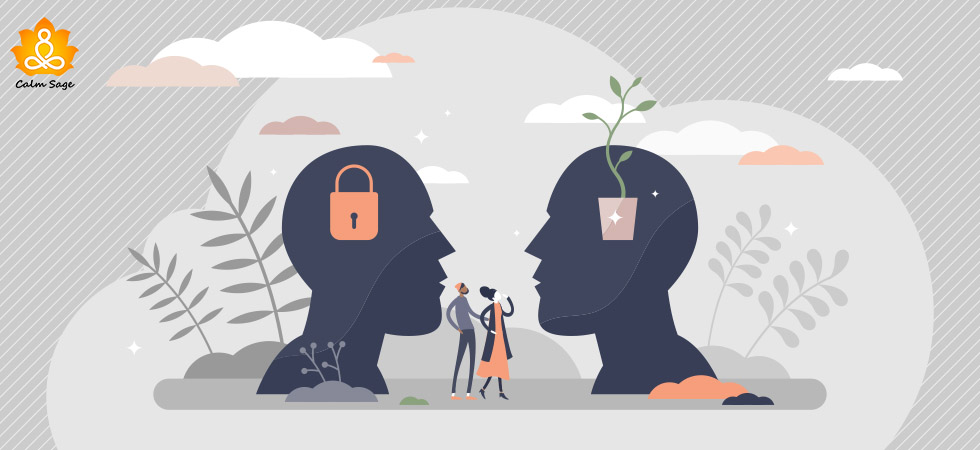
Most of us compare ourselves to others without even realizing it. First, when we are in school, we compare our grades with our peers, then when we go to college we compare our friend’s life with ours, and finally, in our adulthood, we start comparing our feelings with others.
When something drastic happens in our lives, we often hear the sentence, “At least I/you don’t have it as bad as others”. This comparison of your feelings, either done by you or someone else, can never be helpful.
Comparing your feelings with others’ feelings, in some instances, can be helpful and even motivating but more often than not, it could lead you to develop feelings of worthlessness, low self-compassion, and low self-worth.
In this blog, we’ll explore why you should not compare yourself and your feelings with others and how comparison can affect your overall well-being.
Also Read: Are You Bottling & Brooding Your Emotions? Time To Stop Now
Why You Should Not Compare Yourself With Others?
Comparing our feelings with others can often make us feel less than them and can negatively affect how we view our feelings. The below reasons are why we need to avoid comparing our feelings with others.
1. We Experience Feelings And Emotions Differently
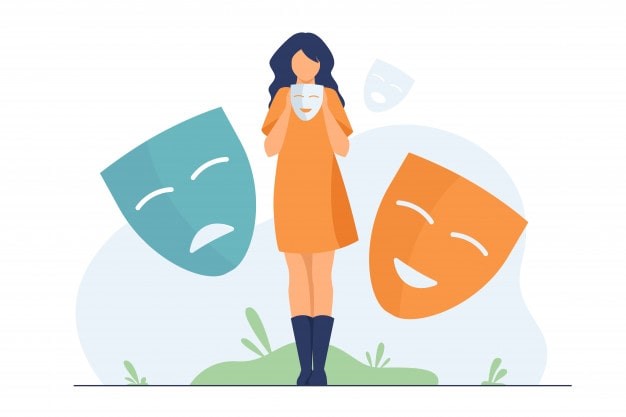
What we feel is unique to us. Each of us has different experiences when it comes to our emotions and feelings. Not all people experience happiness, joy, sadness, or grief as you do. There is no single authority that says that what others are feeling is better or stronger than what you are feeling.
It is important to remember that everyone’s emotions are not the same and comparing your emotions can minimize what you’re feeling.
2. Comparing Our Feelings With Others Can Diminish Ours
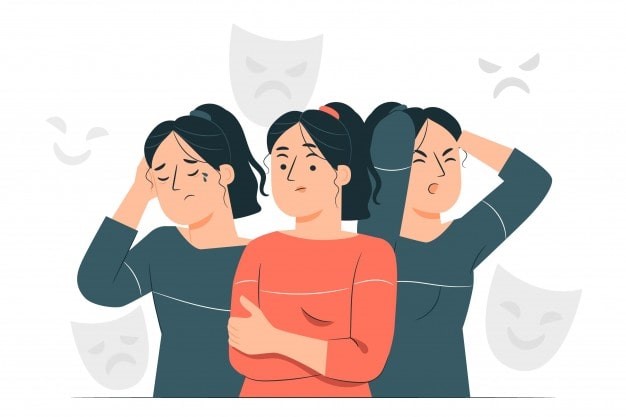
Don’t compare yourself with others because when you do that, you inadvertently diminish your emotions and how they make you feel. For example, you might believe that you shouldn’t be upset over something because your friend is going through something worse. Or you might feel like you don’t have the right to feel alone or lonely because you are surrounded by your loved ones.
Comparing leads you to believe that you need to avoid a particular negative emotion because what you’re feeling isn’t as bad as it could be. This is a form of toxic positivity that can not only affect your self-worth but also your self-esteem.
Also Read: Unlearn to Suppress Your Emotions: It’s okay to not be okay
3. Comparing Our Feelings Can Keep Us From Exploring Them
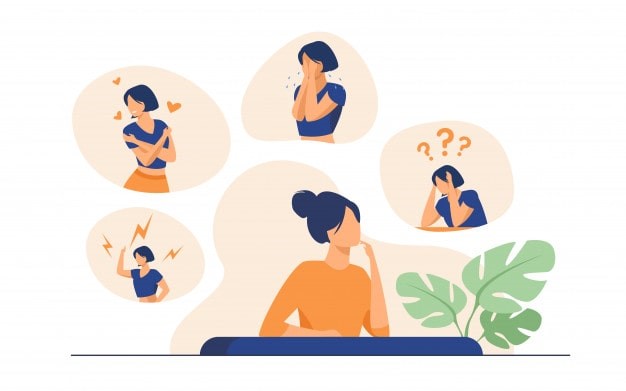
We often feel like if someone’s situation is worse than yours then your situation is not as real and valid. You have all the right to feel hurt or disappointed when things don’t go your way. This is what comparison does – it keeps you from exploring or experiencing your feelings. Sure, others have their experiences or disappointments but those cannot and should not diminish yours or keep you from exploring them.
You might feel like what you’re experiencing is smaller or not as valid compared to what others are feeling and by doing this you are stopping yourself from further exploring your triggers and experiences. Your feelings are as real and as valid as those of others.
Also Read: How To Release Emotions Stuck In Your Body & Relieve Pain
4. Comparing Can Lead Us To Believe That We Might Not Need Help
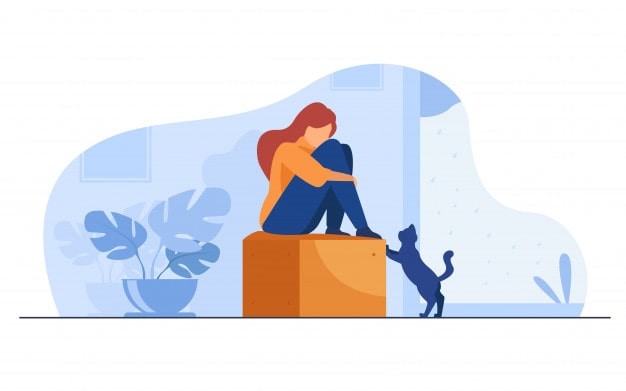
Comparison can lead us to believe that we can deal with our problems on our own and that we might not need help. By comparing ourselves with others, we feel like our issues are not as serious as others are – not serious enough to ask for help. For an instance;
If you’re experiencing symptoms of depression, then comparing your feelings with others might lead you to believe that you don’t have any “real” signs of symptoms and therefore you don’t need to seek help.
In such a situation, a comparison might keep you from addressing your feelings and make you feel like your feelings are not that bad.
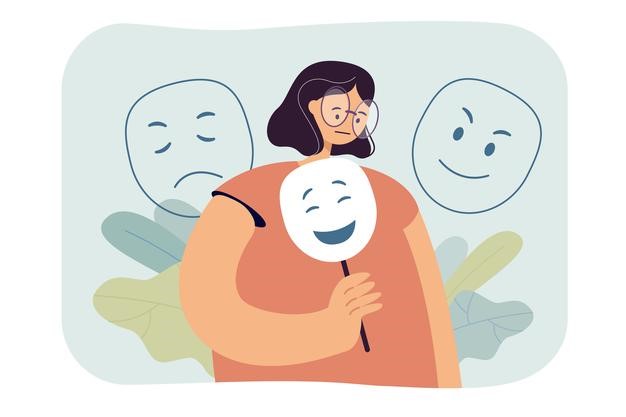
Instead Of Comparing, Try:
- Allowing yourself to feel your emotions without judgment.
- Permitting yourself to feel your emotions open-mindedly and reminding yourself that your feelings are real and valid.
- Letting yourself lean on others for emotional support but without minimizing your problems and struggles.
- Focusing on your feelings and emotions instead of seeking emotional validation from others.
- Acknowledging what others are feeling but not letting their feelings affect yours.
- Being grateful for your feelings and experiences – good or bad. Your feelings are your own and you don’t need to look at others for validation.
- Reminding yourself that no one is perfect and that everyone has their problems to deal with and while they might look similar to yours – they are, in fact, not.
- Using comparison as a tool for motivation instead of a tool to measure your emotions and feelings.
Also Read: How To Stop Comparing Yourself With Others?
Dealing with emotions is a difficult thing but emotions are what allows us to learn, grow, and heal. Sharing our emotions instead of comparing them can help improve our emotional and mental well-being.
Next time, when you think, “at least I don’t have it as bad as others”, think about how you are minimizing or diminishing your feelings. Remind yourself that what you’re feeling and what others are feeling is different and how by comparing yourself with others you are invalidating your feelings.
“I cannot say this too strongly: Do not compare yourselves to others. Be true to who you are, and continue to learn with all your might.”- Daisaku Ikeda
If you need help and support, you can always reach out to us at info@calmsage.com.
Take care of yourself!




















